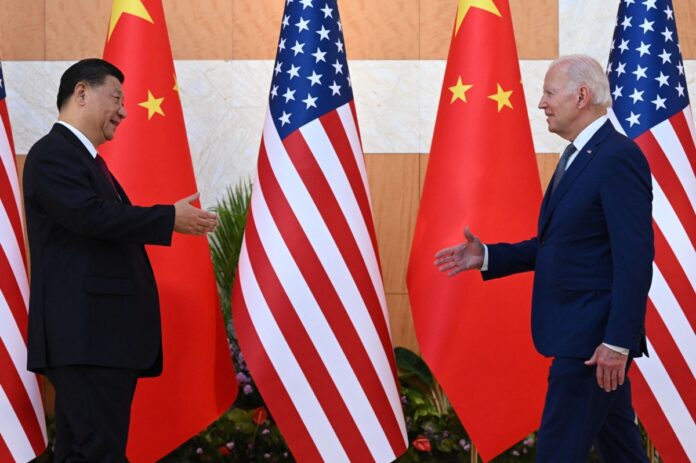Author: Shaun Narine
Affiliation: Professor of International Relations at St. Thomas University, Canada
Organization/Publisher: The Institute of Southeast Asian Studies (ISEAS) – Yusof Ishak Institute
Date/Place: July 8, 2021/Singapore
Type of Literature: Article
Word Count: 2000
Keywords: US-China Competition, Biden Administration, Southeast Asia
Brief:
China’s growing presence and influence in the Asia-Pacific is a hard challenge for the US, which has been a major security actor in the region for decades. The domestic polarization in the US additionally makes it harder for the Biden administration to compete with China. The Biden administration has maintained Trump’s policy of opposing China in global competition by prioritizing its foreign policy to meet the ‘China challenge’. Apparently, the focus to compete with China influenced Biden’s decision to withdraw the US troops from Afghanistan and to remove other strategic distractions. However, the situation at home may be another distraction for the Biden administration amidst its competition with China. The US’ mishandling of the Covid-19 outbreak, its political divisions, and increasing polarization all raise a serious concern for US credibility as a reliable global leader and guarantor of international security. Amidst the tension between China and the US, the Association of Southeast Asian Nations (ASEAN) realizes that its home will be very much affected with this competition. Thus, the organization must remain engaged with both sides and seek an equilibrium between Chinese and American presence to maintain stability in the region. On the one hand, Southeast Asian states cherish Trump’s strong positions against Chinese overreach in the South China Sea. On the other hand, China as the major economic power is always playing an important role in the Southeast Asia economy through investment or economic cooperation. ASEAN wants to keep its relations with both the US and China as active participants in the Asia-Pacific region, and not picking a side between the two major powers is a wiser way to preventing economic and political instability at the national or regional level.
By: Salman Nugraha, CIGA Research Intern




